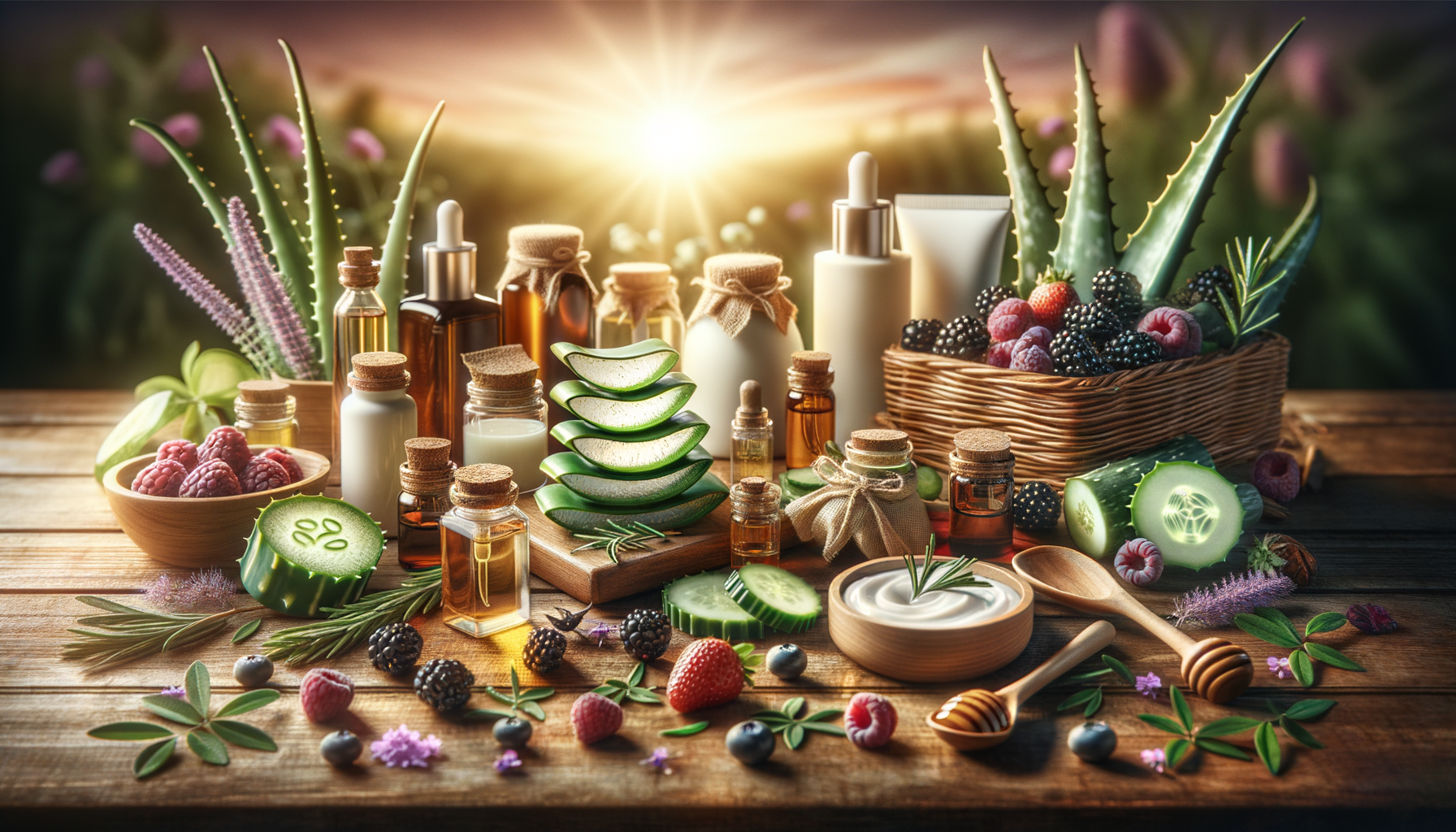The Science Behind Aging Skin
Aging is a natural process that affects every part of our body, including our skin. As we age, our skin undergoes various changes due to both intrinsic and extrinsic factors. Intrinsic aging is the natural aging process that occurs over time, regardless of external influences. It is characterized by a gradual decline in collagen production, reduced skin elasticity, and slower cell turnover. These factors contribute to the formation of fine lines, wrinkles, and sagging skin.
Extrinsic aging, on the other hand, is influenced by external factors such as sun exposure, pollution, and lifestyle choices. UV radiation from the sun is one of the most significant contributors to extrinsic aging, leading to photoaging. This process accelerates the breakdown of collagen and elastin fibers, resulting in premature wrinkles and age spots. Additionally, environmental pollutants can generate free radicals, which damage skin cells and further exacerbate aging signs.
Understanding the science behind aging skin helps in developing effective anti-aging strategies. By targeting both intrinsic and extrinsic factors, we can slow down the aging process and maintain healthier, more youthful-looking skin.
Essential Ingredients in Anti-Aging Skincare
When it comes to anti-aging skincare, choosing the right ingredients is crucial. There are several key components that have been shown to effectively combat signs of aging and improve skin health.
1. Retinoids: Known for their powerful anti-aging properties, retinoids are derivatives of vitamin A that promote cell turnover and stimulate collagen production. They help reduce the appearance of fine lines and wrinkles and improve skin texture.
2. Hyaluronic Acid: This naturally occurring substance is a moisture-binding ingredient that keeps skin plump and hydrated. It helps to smooth out fine lines and provides a youthful glow.
3. Antioxidants: Ingredients like vitamin C and E are potent antioxidants that protect the skin from free radical damage. They help brighten the complexion and reduce the appearance of age spots.
4. Peptides: These short chains of amino acids stimulate collagen production and improve skin elasticity, making them an essential component of anti-aging skincare.
Incorporating these ingredients into your skincare routine can significantly enhance your skin’s resilience against aging and promote a more youthful appearance.
The Importance of Sun Protection
Sun protection is a fundamental aspect of any anti-aging skincare regimen. The sun’s UV rays are a leading cause of premature aging, contributing to the development of wrinkles, age spots, and skin cancer. Therefore, safeguarding your skin from sun damage is crucial in maintaining its youthful appearance.
Wearing sunscreen with a high SPF is one of the most effective ways to protect your skin from harmful UV rays. It should be applied daily, regardless of the weather, to all exposed areas of the skin. Additionally, seeking shade during peak sun hours and wearing protective clothing, such as wide-brimmed hats and sunglasses, can further reduce your risk of sun damage.
It’s important to remember that sun protection is not just for the beach or sunny days. UV rays can penetrate clouds and windows, making it essential to incorporate sun protection into your daily routine all year round.
Adapting Lifestyle for Healthy Aging
While skincare products play a significant role in anti-aging, lifestyle choices are equally important. A holistic approach to aging involves adopting habits that promote overall health and well-being.
Nutrition: A balanced diet rich in antioxidants, vitamins, and minerals supports healthy skin. Foods like berries, leafy greens, nuts, and fish provide essential nutrients that combat oxidative stress and inflammation.
Hydration: Drinking plenty of water is vital for maintaining skin hydration and elasticity. Adequate hydration helps flush out toxins and keeps the skin looking plump and youthful.
Exercise: Regular physical activity improves circulation and promotes collagen production, which can enhance skin tone and texture. Exercise also reduces stress, which is known to accelerate aging.
Sleep: Quality sleep is essential for skin repair and regeneration. Aim for 7-9 hours of restful sleep each night to allow your skin to recover and rejuvenate.
By integrating these lifestyle practices into your daily routine, you can support your skin’s natural aging process and enjoy a healthy, radiant complexion.
Exploring Non-Invasive Anti-Aging Treatments
For those seeking additional anti-aging solutions, non-invasive treatments offer a range of options to enhance skin appearance without surgery. These treatments, often performed by dermatologists or skincare professionals, provide effective results with minimal downtime.
1. Chemical Peels: These treatments involve applying a chemical solution to exfoliate the skin, removing dead cells and promoting new cell growth. Chemical peels can improve skin texture, reduce fine lines, and even out skin tone.
2. Microdermabrasion: This procedure uses a device to gently exfoliate the skin’s surface, removing dead skin cells and stimulating collagen production. It can enhance skin smoothness and reduce the appearance of fine lines.
3. Laser Therapy: Laser treatments target specific skin concerns, such as wrinkles, sunspots, and broken capillaries. They work by stimulating collagen production and promoting skin rejuvenation.
4. Injectable Treatments: Options like dermal fillers and botulinum toxin injections can temporarily reduce the appearance of wrinkles and restore facial volume.
These non-invasive treatments can be tailored to individual needs and provide noticeable improvements in skin appearance. However, it’s important to consult with a qualified professional to determine the most suitable options for your skin type and concerns.



Leave a Reply